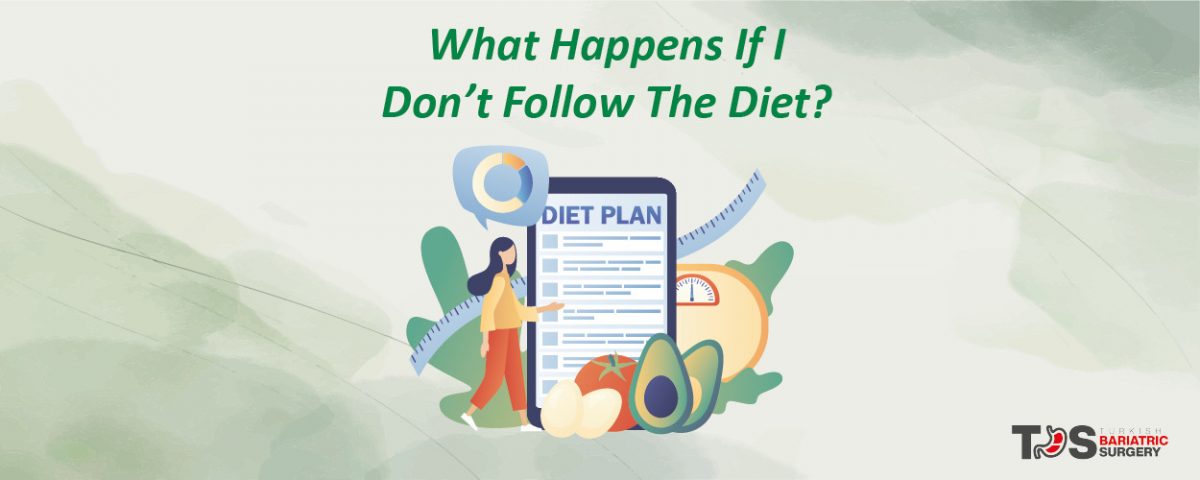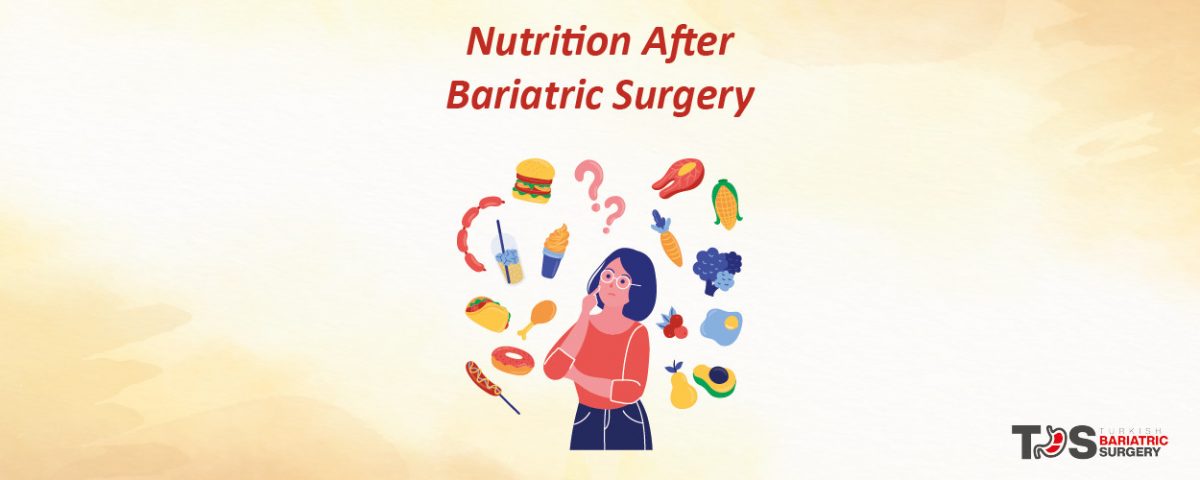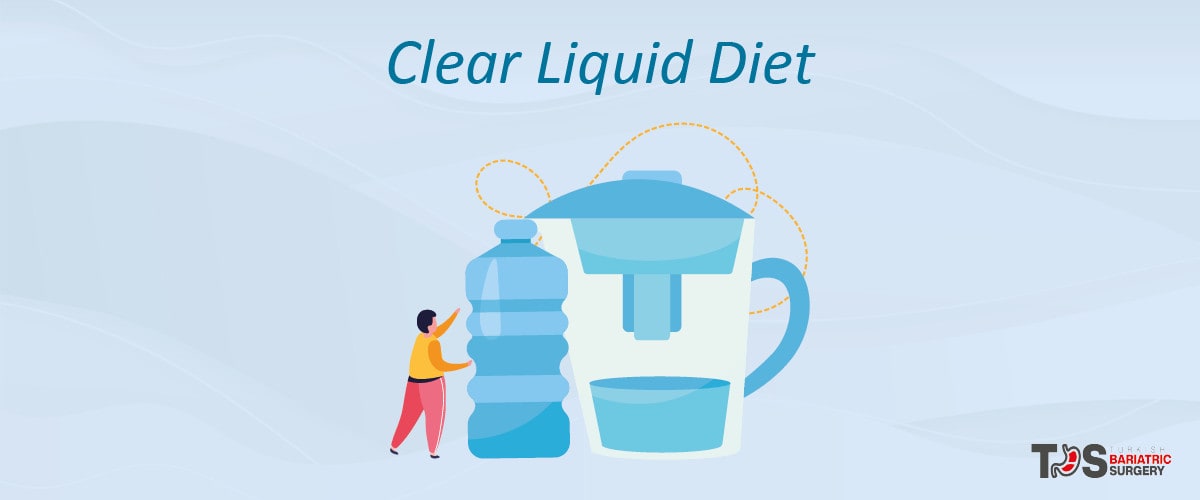It is started after the first 24-48 hours following the operation.
It varies depending on the patient’s tolerance and is applied for 10-14 days.
During this period, foods that create minimal stimulation in the gastrointestinal tract should be preferred and the foods should be in liquid form. A patient’s meal should last between 60 and 90 minutes and should total 120 ml.
In addition to the clear liquid diet, enteral formulas, soy milk, skimmed and lactose-free milk, yogurt, ayran, plain kefir, low-fat cheese, soup
cooked and blenderized by appropriate methods can be consumed during this period. In addition, vitamin and mineral support can be provided with the approval of the physician.









